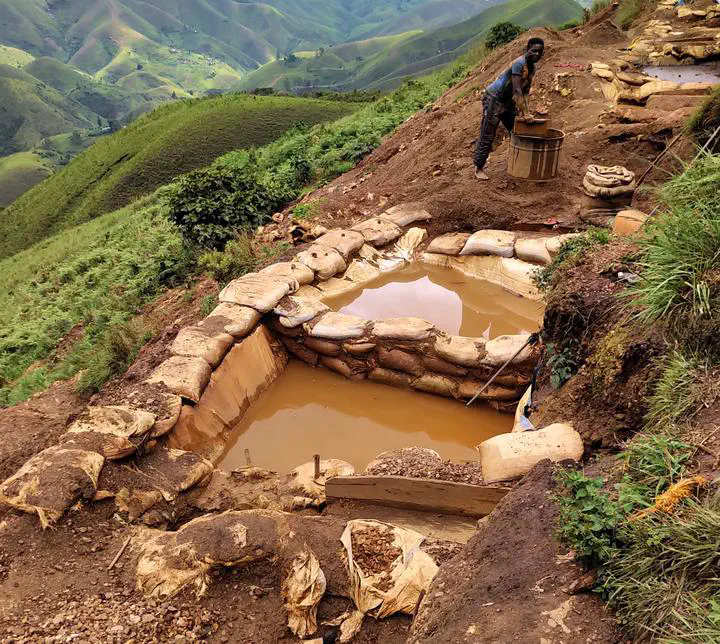Evaluating Due Diligence Programs for Conflict Minerals: A Matched Analysis of 3T Mines in Eastern DRC

Executive Summary
The 2010 Dodd-Frank Act requires that US-listed companies sourcing so-called “conflict minerals” from Africa’s Great Lakes region conduct due diligence. (The EU now imposes similar requirements.) Due diligence programs (DDP), following guidelines from the OECD, provide ongoing monitoring of mineral production and processing to ensure that suppliers respect human rights and do not contribute to conflict. A decade later, we still have limited evidence about whether DDP impacts economic and security conditions.
To help fill this gap, we evaluate the impacts of DDP on mining communities in the eastern DRC. Combining statistical matching with new data from over one hundred 3T (tin, tantalum, and tungsten) mines and one thousand households, we report several findings:
- DDP areas see less interference by the Armed Forces of the Democratic Republic of Congo (FARDC). Households in DDP areas report 27% less FARDC presence and taxation relative to households in non-DDP areas.
- DDP areas see a heightened presence of government regulators. Households in DDP areas report over 58% more tax collection and service provision by government regulators; they do not, however, report feeling more secure than households in areas without DDP.
- Mines in DDP areas do not have significantly lower rates of child labor. Some child labor is reported at roughly one third of mines in DDP areas, a rate that is not statistically distinguishable from mines in non-DDP areas.
- DDP areas show hopeful, if statistically inconclusive, evidence of greater economic well-being than non-DDP areas.
How one regards these impacts depends on the benchmark for success. We detect meaningful progress toward several goals in DDP areas; yet, we also find that DDP does not eliminate all of the harms associated with 3T mining in the eastern DRC. We uncover reasons to applaud these efforts, but also room for improvement, particularly with respect to labor practices and miners’ livelihoods.
Our results rely on the analysis of original survey data collected from 104 mine sites and 1,054 households in nearby villages in South Kivu and Maniema at the end of 2019. We employ a matching technique that compares mining areas with and without DDP that have similar geographies, histories of conflict, and development trajectories. This statistical approach helps us isolate differences that can be attributed to DDP.
Contributors
International Peace Information Service (IPIS): Zacharie Bulakali, Erik Gobbers, Thomas Muller.
Project on Resources and Governance (PRG) at the University of California, Los Angeles (UCLA): Graeme Blair, Darin Christensen, Jihae Hong, J. Sebastián Leiva-Molano.
Sub-Saharan Field Research and Consulting Services (SFR): Geoffrey Kimani, Simon Kimani, Oscar Odhiambo.
Ulula: Antoine Heuty, Timo Makori.
We would also like to thank the following Congolese field researchers for their support in data collection: Alininyu, Ntangamyampi Guillaume; Amisi, Kanganju Revé; Anyasi, Kitoko Beauvalot; Assumani, Lukindula Lavoisier; Bahati, Mayele Jacques; Bengehya, Nabyenda Jibrown; Buzigirwa, Mushota Bouve; Chance, Cik- anga Clarice; Cubaka, Bisimwa Christian; Faida, Wakengela Odette; Mbii, Katopa Therèse; Mirindi, Mudukwe Mike; Mugisho, Mulenga Espoir; Mukulumania, Mung- azi Dido; Mulindwa, Mateso Bienfait; Okoko, Akasa Bienvenue; and Wangozi, Tumba Prosper.